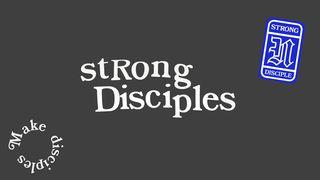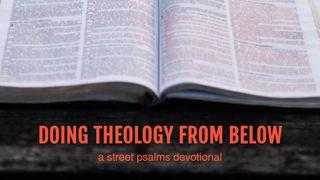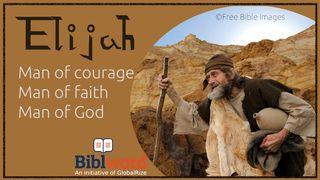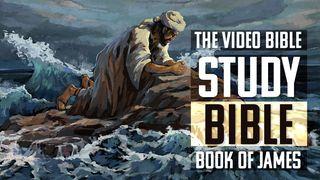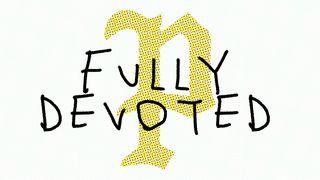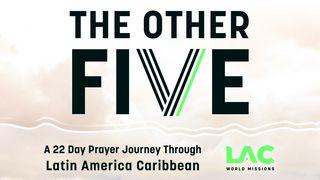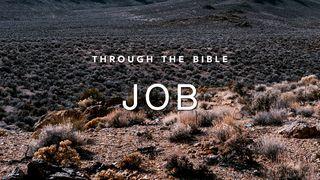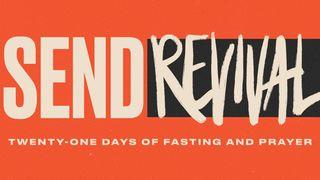Deuteronomy: At Journey's Endਨਮੂਨਾ
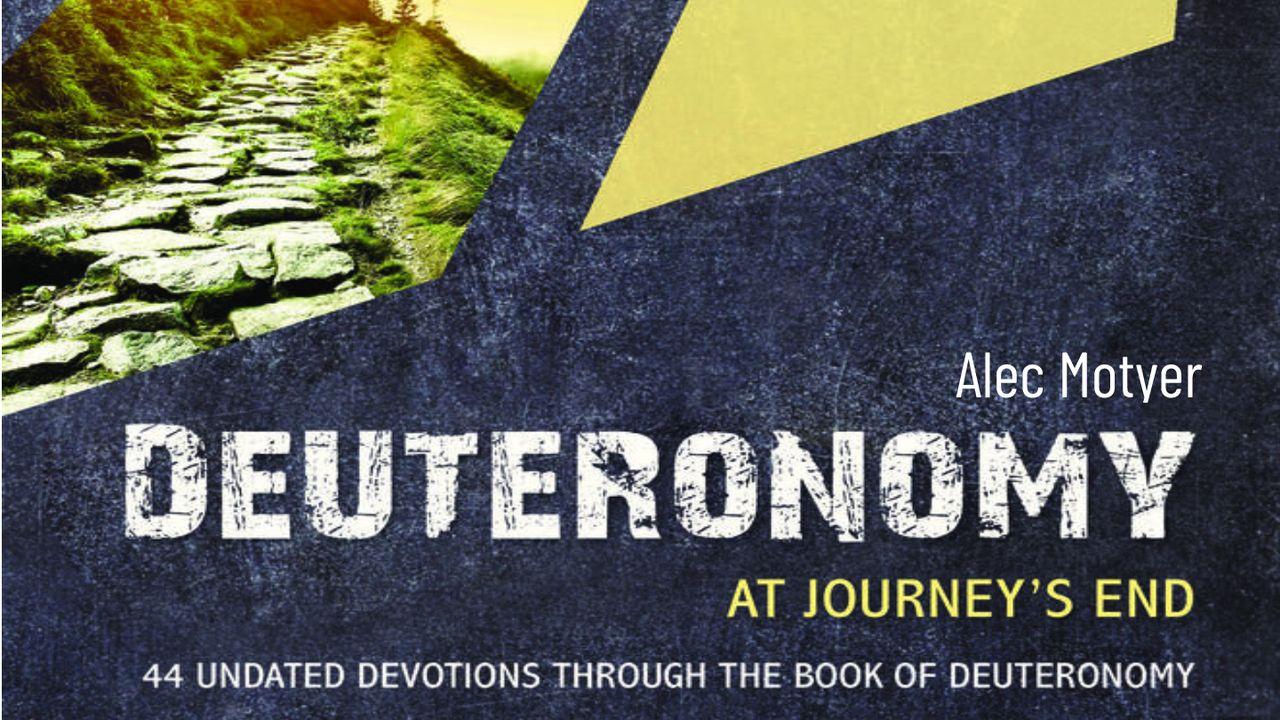
The best epitaph
Moses was not allowed a tomb suitable to his stature and record. He lies in an unmarked grave (v. 6). Had his grave been known, doubtless his body would have been exhumed and given what humans would have considered pride of place at the centre of the newly occupied land. But no, we too have to learn, with Moses, that what people might consider a minor slip (Num. 20:12) is totally major in the eyes of the Lord. Moses’ entrance to the land would only come centuries later, and under the greatest of all auspices (Luke 9:30–31).
Moses, then, lived on without visible memorial to help people’s memories, just as he would (we feel) have wished. He was ‘the servant of the Lord’ (Deut. 34:5), specifically the prophet beyond compare (v. 10) and the continuing repository of the word of God to the people of God (v. 9). Once a lady said about her departing minister, ‘I don’t know what we will do without Mr …. He used to explain the Bible to us.’ Every true Christian minister will echo that epitaph with, ‘Oh, that it might be said of me!’ Every true Christian believer will long for the same reputation of solid devotion to the word of God.
Divine grace will make us like Moses in other respects. Like him we too will come to the day and moment of death ‘as the Lord had said’ (v. 5; literally, ‘by the mouth of the Lord’). There is no such thing as an untimely death (cf. 2 Kgs. 2:1–3; 1 Thes. 4:14, which literally reads, ‘those who have fallen asleep through Jesus’). Moses died, not through failure of natural vitality (v. 7) but because the Lord said so. We too have the eternal privilege of being known by God (Gal. 4:9). Indeed is it not remarkable that Moses’ epitaph does not say he knew God – which he did! – but that God knew him (Deut. 34:10; cf. Matt. 25:12).
Devotion to the word of God, while it is a thing in which divine grace will surely be magnificently and actively on our side, calls for commitment, determination, the discipline of constant reading and the hard graft of memorisation. This is what it means for us to be servants of the Lord; this is certainly what it means if we are to be prophets of the Lord, ministering his word to our generation.
Reflection
Take heed: the Bible begins with humans adding to the word of God (Gen. 3:3) and then disobeying it (Gen. 3:6); the Bible ends with warnings against adding to or subtracting from what has been revealed (Rev. 22:18–19).
ਪਵਿੱਤਰ ਸ਼ਾਸਤਰ
About this Plan

In these daily undated devotions, Alec Motyer explores the timeless truths of Deuteronomy and applies them to our lives today. Just as the Israelites did, we can appreciate the wonder of God’s grace to us through repentance, experience His committed love for us, and learn more about walking in His ways.
More
